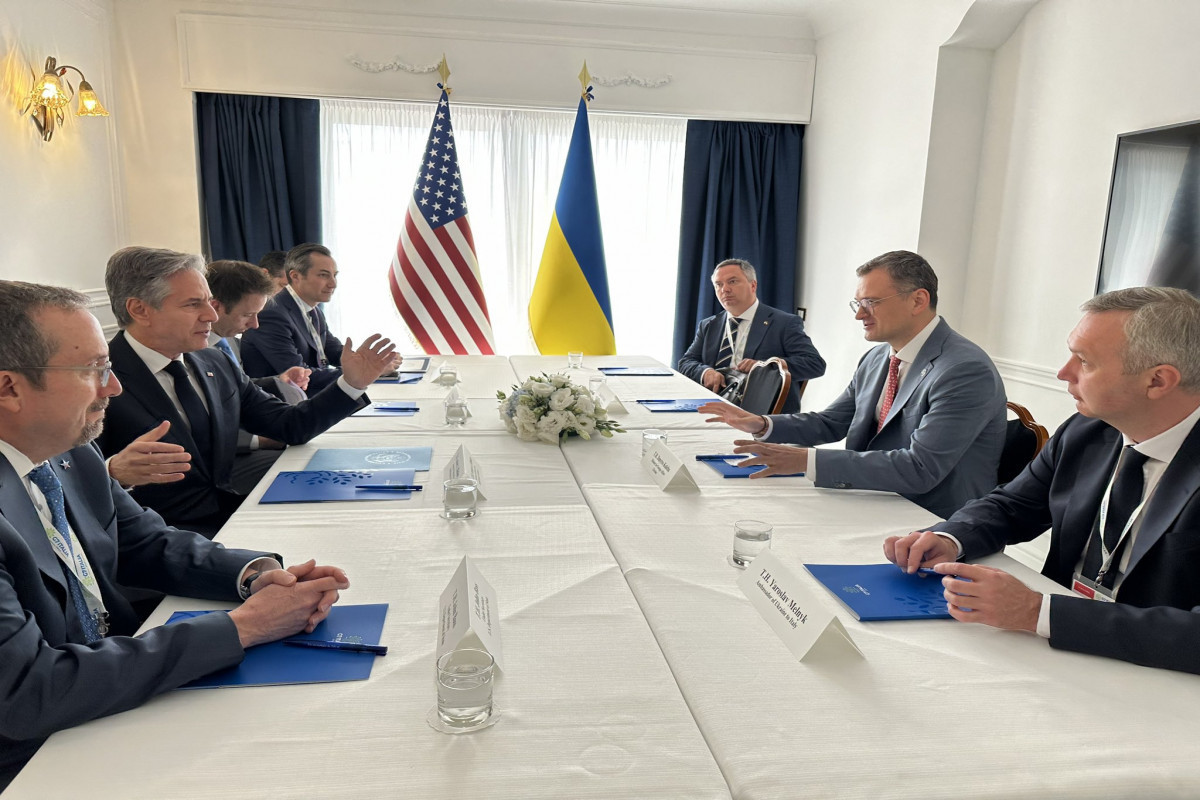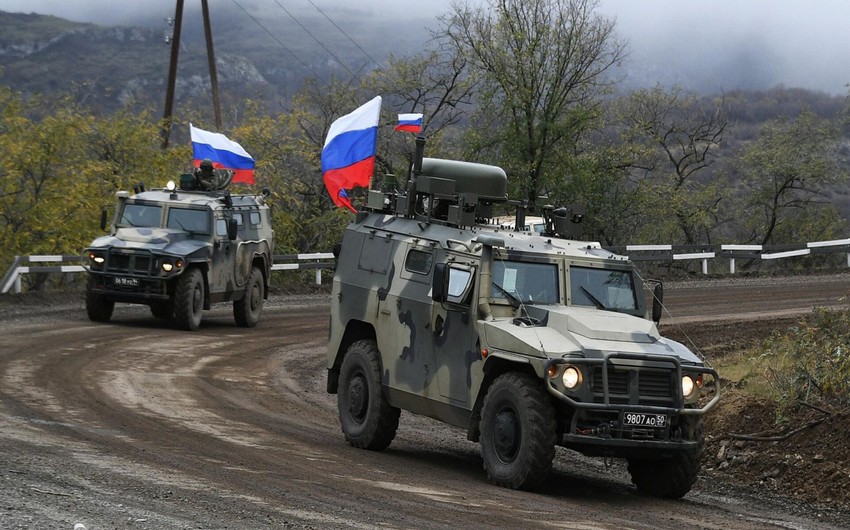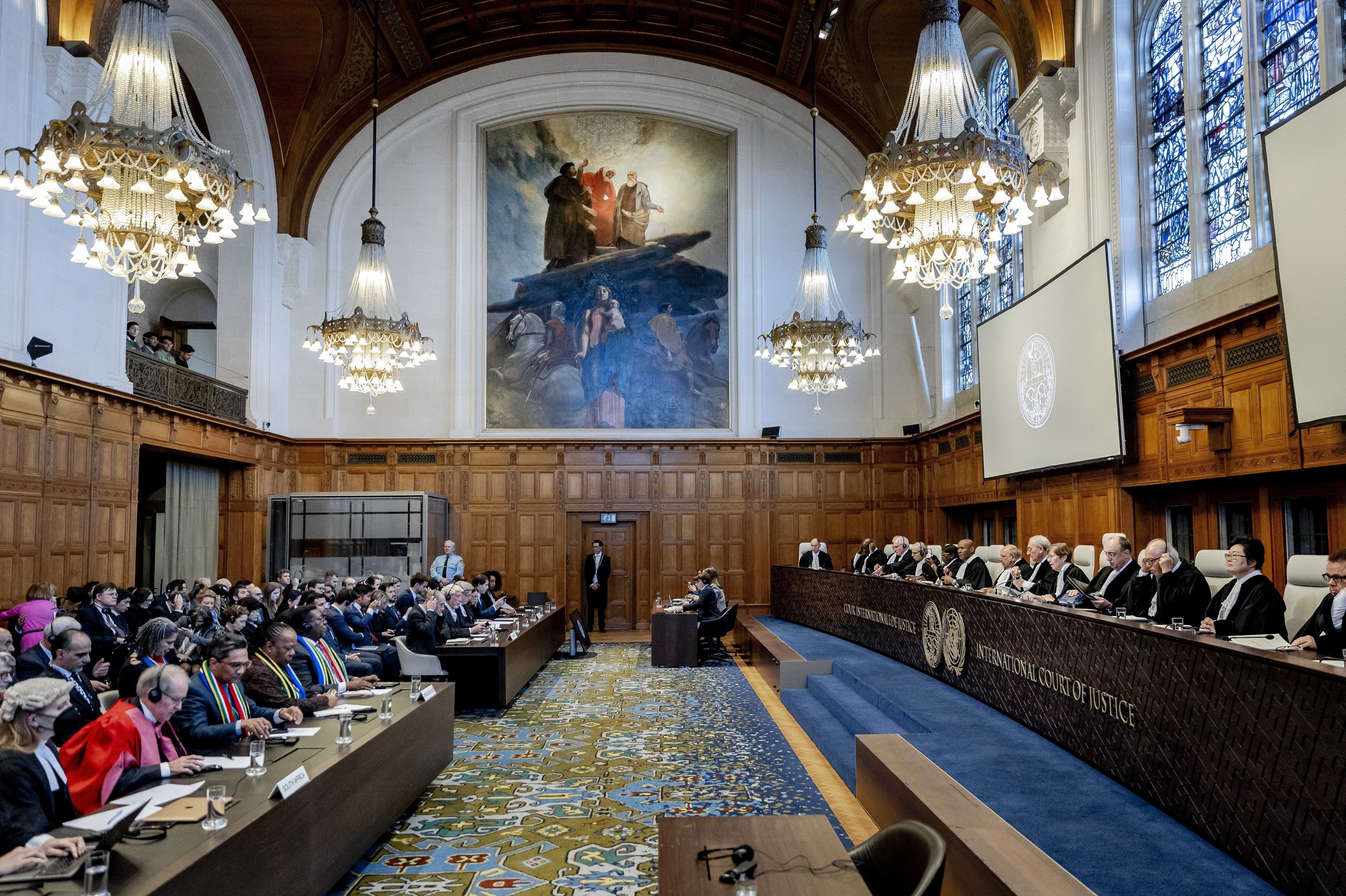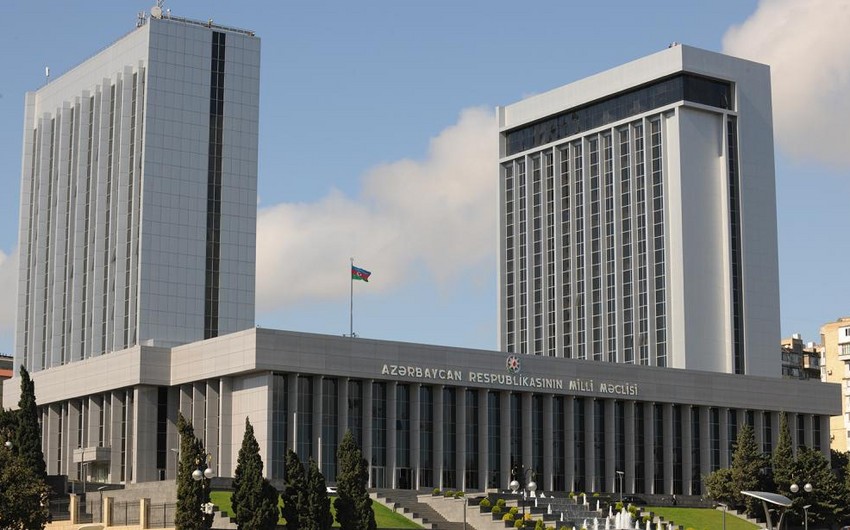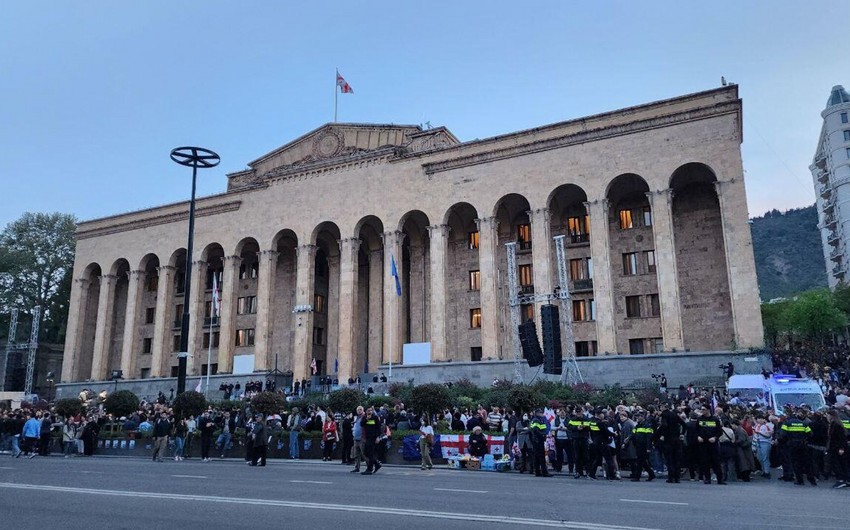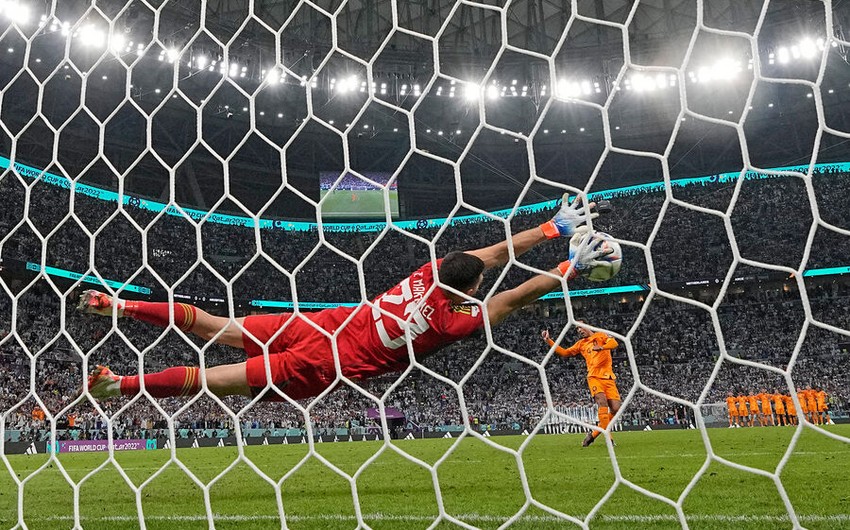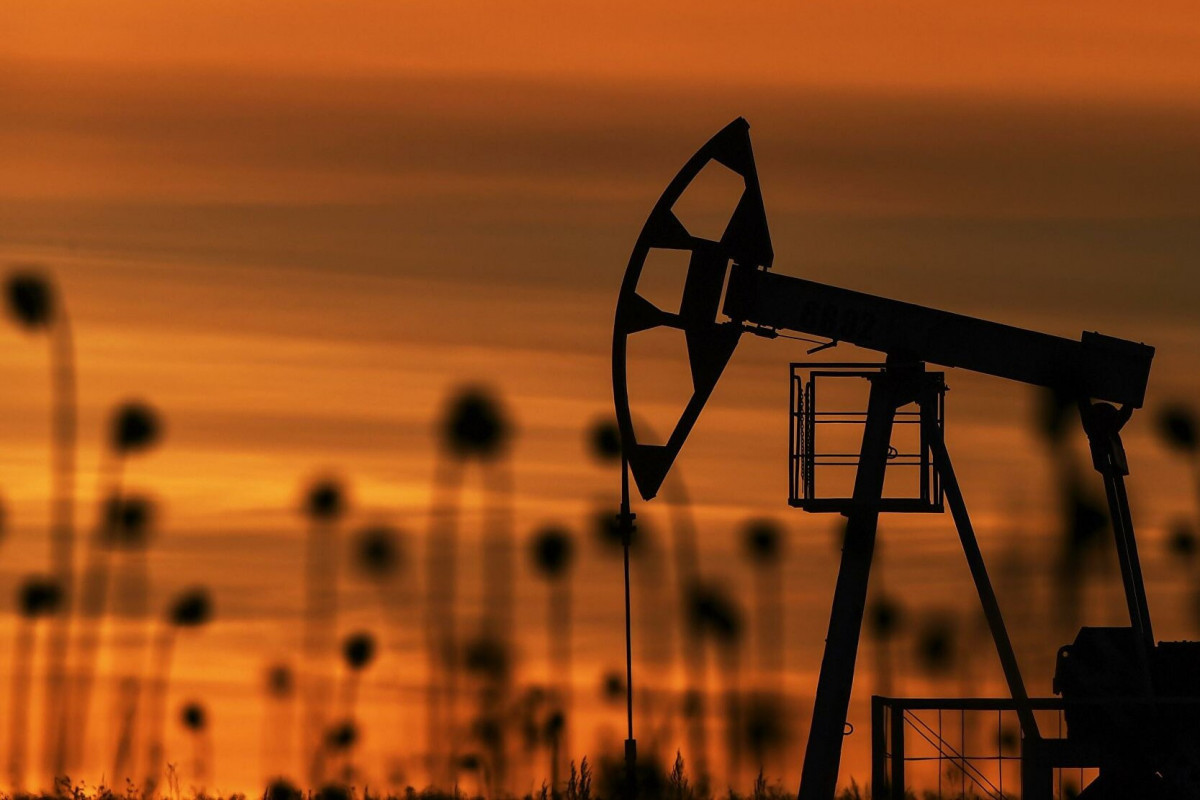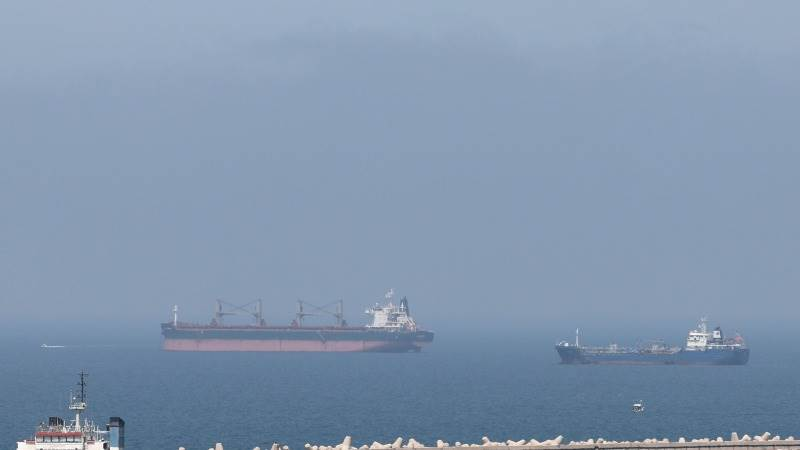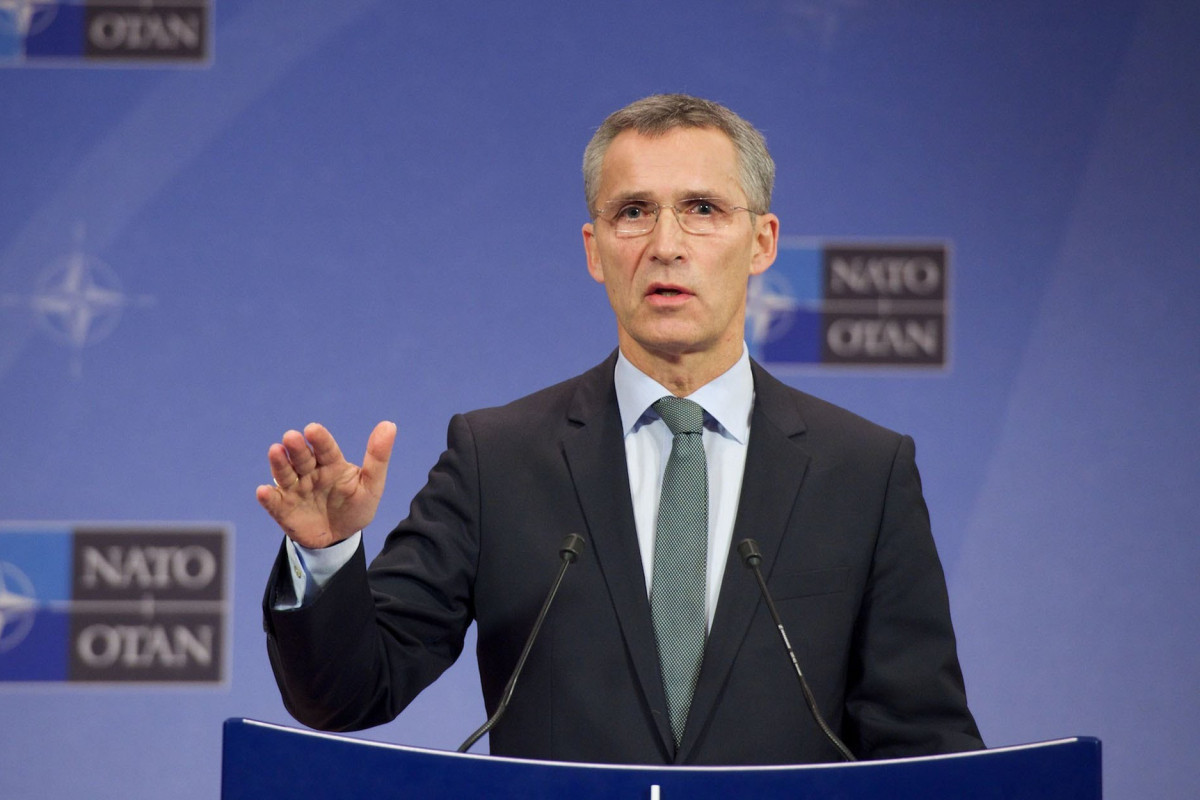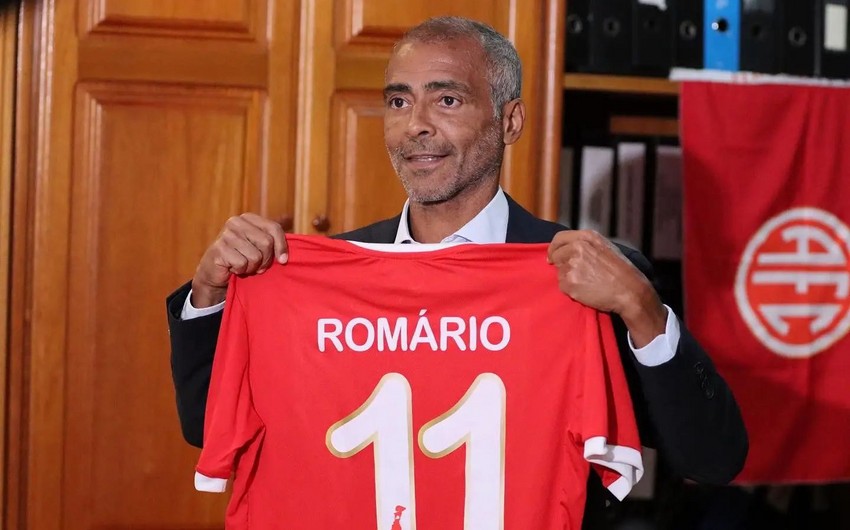The U.S.-China relationship as we knew it is dead. With the Trump administration slapping a 10 percent tariff on $200 billion in Chinese goods — poised to go even higher by the end of the year — Washington is making clear that it no longer will tolerate the continuation of a bilateral trade relationship that favors China much more than America.
But the administration’s move to place tariffs on Chinese goods is part of a much bigger story that is decades in the making. Trump’s team has been itching to take on a rising China since the president took office — and for many of Trump’s top advisers, far longer than that.
For anyone who has been watching the rise of China for the last decade or so, this was a contest you could see coming. Trade deficits, intellectual property theft and Chinese plans to dominate industries of the future are only a small part of it.
This is, at its core, a contest of who will dominate Asia diplomatically, economically and militarily but also who will lay claim to the title of 21st global superpower — and there can be only one victor.
In fact, this story has a beginning that goes back to the rebirth of U.S.-China ties in the 1970s. President Richard Nixon restarted relations with Beijing to contain the rise of the then-Soviet Union as America struggled to regain its global footing after the Vietnam War. For roughly two decades, Washington and Beijing would act in concert, working to push back against Moscow, a partnership that surely put increasing pressure on the Kremlin, no doubt helping to win the Cold War.
When the USSR collapsed in late 1991, many believed, and seemingly correctly, that America and China would resume a much more adversarial relationship. Since Beijing naturally would seek to once again retake what it considers its rightful place in the Asian geopolitical pecking order, that would set up a natural security competition with Washington.
But America and China found another, much more important reason to ally once again: money.
As Beijing sought to modernize its economy, politicians and business leaders from both sides of the Pacific quickly realized that geopolitical tensions would diminish what could be trillions of dollars in profits for all. While there would be times of great peril in the U.S.-China relationship — the 1995-1996 Taiwan Crisis and 2001 EP-3 Crisis are good examples — trade flows were deemed more important and outright strategic competition was delayed, because both sides knew it was bad for business. With events such as 9/11 and the global war on terror delaying even further any clash, it seemed any sort of breakup in ties would be far in the future.
But such a competition could not be delayed forever, especially as economists and military experts the world over released study after study showing how powerful China was becoming, and that it could overtake America as the top economy. Some used measures that suggested it already had.
Starting with the George W. Bush administration, as Washington slowly began to lessen its commitments in the Middle East, American strategists began to reawaken to the threat posed by China. The Obama administration proposed a “pivot,” or “rebalance” to Asia. And yet, to China’s delight, events around the world took the administration’s focus away from Asia: the bloody civil war in Syria; tensions and then a breakthrough with Iran over its nuclear program; Russia’s annexation of Crimea; and U.S. budgetary chaos, among them. Obama’s attempt to take on China withered.
It seemed for a time that the Trump administration’s own effort to push back against China’s growing power would suffer the same fate — thanks to North Korea’s growing nuclear and missile tests last year. But now, with Kim Jong Un holding back additional tests at least for the moment, an imperfect détente has taken hold on the Korean Peninsula. That gives Trump the geopolitical bandwidth to make his own pivot in Asia, and he has Beijing clearly in his crosshairs.
The consequences of such a move will be felt around the world, especially when it comes to North Korea. There is no way Beijing will continue to support the containment strategy the Trump administration put in place last year, or what we call “maximum pressure.” China will now attempt to use North Korea as an important point of leverage, weakening sanctions to the point of irrelevance. This will force the administration to make some difficult value judgments of just how threatening Pyongyang’s nukes and missiles actually are — even to the point of accepting there is little the United States can do to eliminate the threat.
China and Russia also will get much closer, something that recent military exercises have put into focus. History tells us that anytime two would-be rival powers face a common enemy, they often put aside their own historical tensions to take on the bigger threat — just as Beijing and Washington once did. With Russian military sales to China seemingly on the rise and important energy sales potentially growing, we can expect greater strategic cooperation — and some even predict an outright alliance — in coming years.
And then there is the great economic decoupling of the two biggest economies. Costs for U.S. consumers who buy goods cheaply from China likely will rise. Don’t be shocked if China retaliates against U.S. companies operating in-country and even holds back shipments of parts to popular electronic goods and automobiles, or rare-earth elements that make up critical components of smartphones.
In the months and years ahead, this all could get much worse. As Harvard scholar Graham Allison reminds us, things can get quite nasty when a rising power and established power mix it up in a contest of who will dominate the globe. The usual outcome is war. And with America and China both holding nuclear weapons, the stage is set for a showdown that could change the world. This could get ugly, and fast.

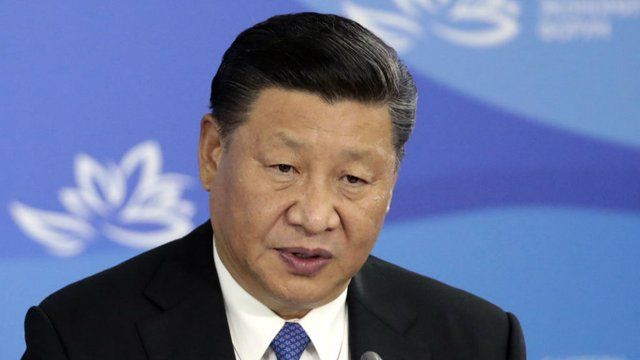
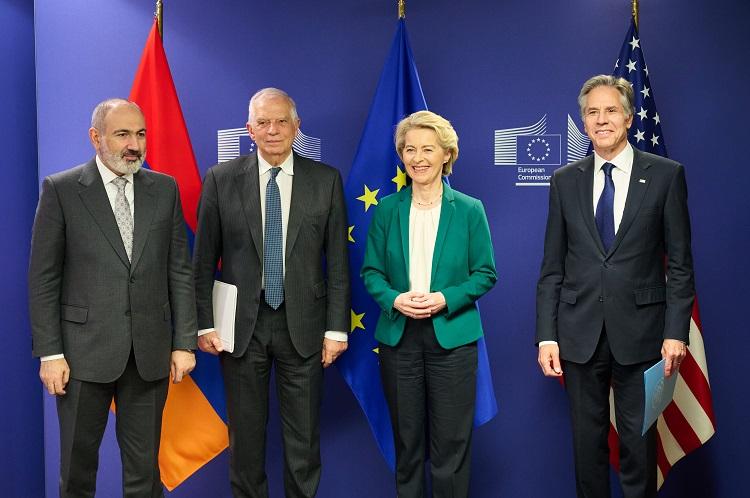
.jpg)

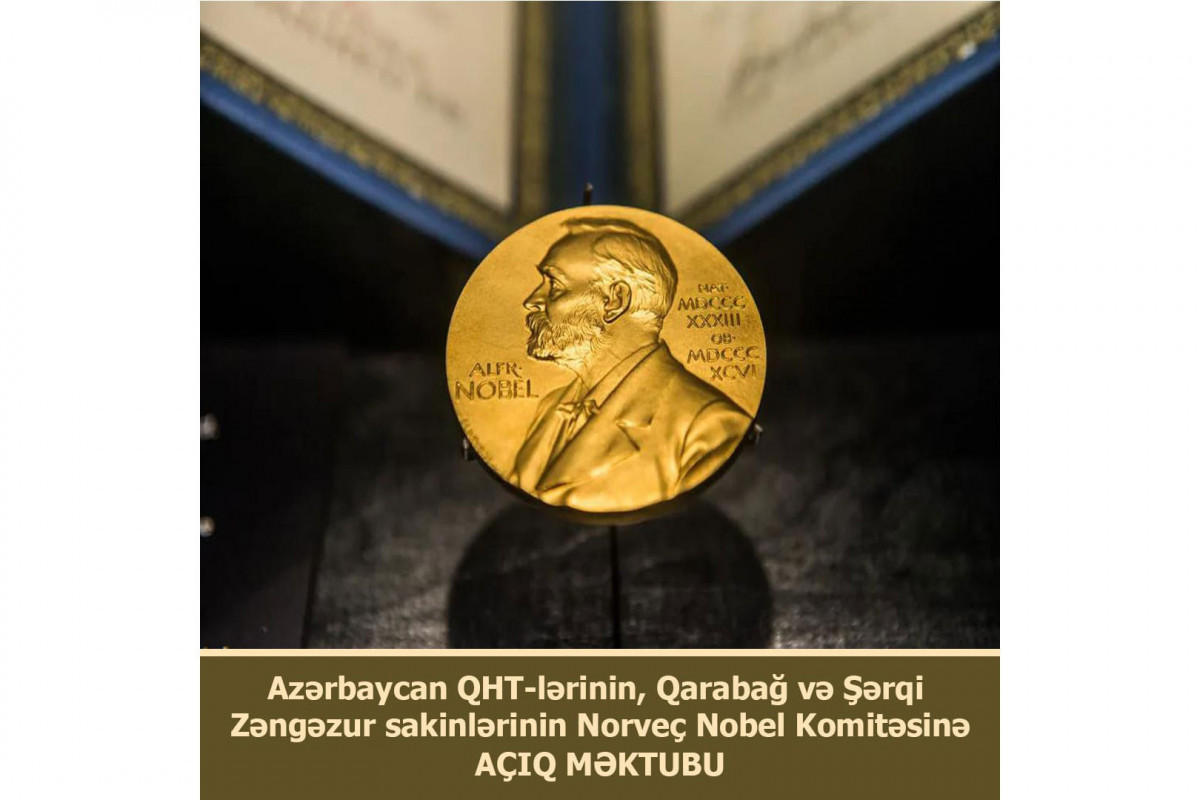
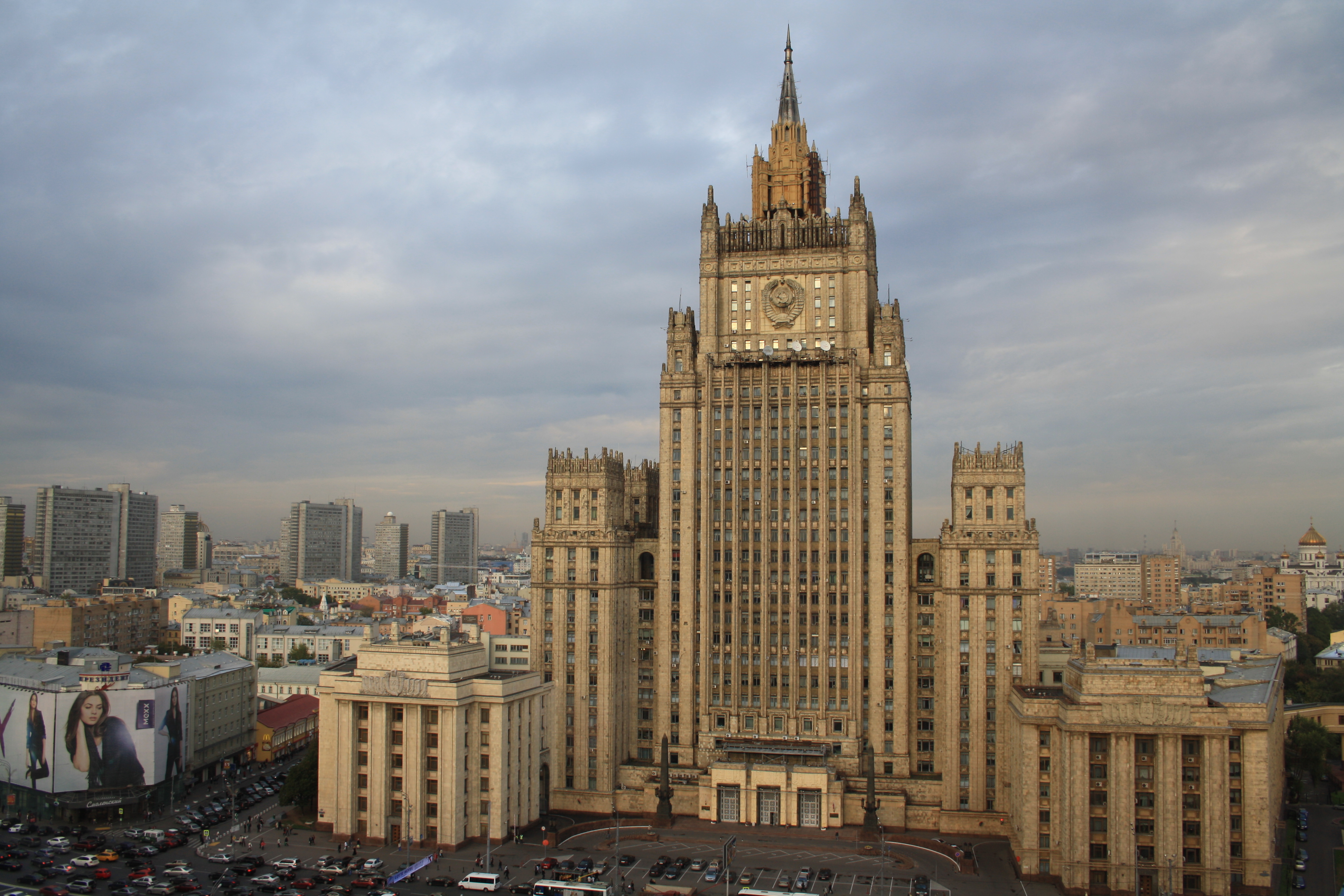
.jpg)
